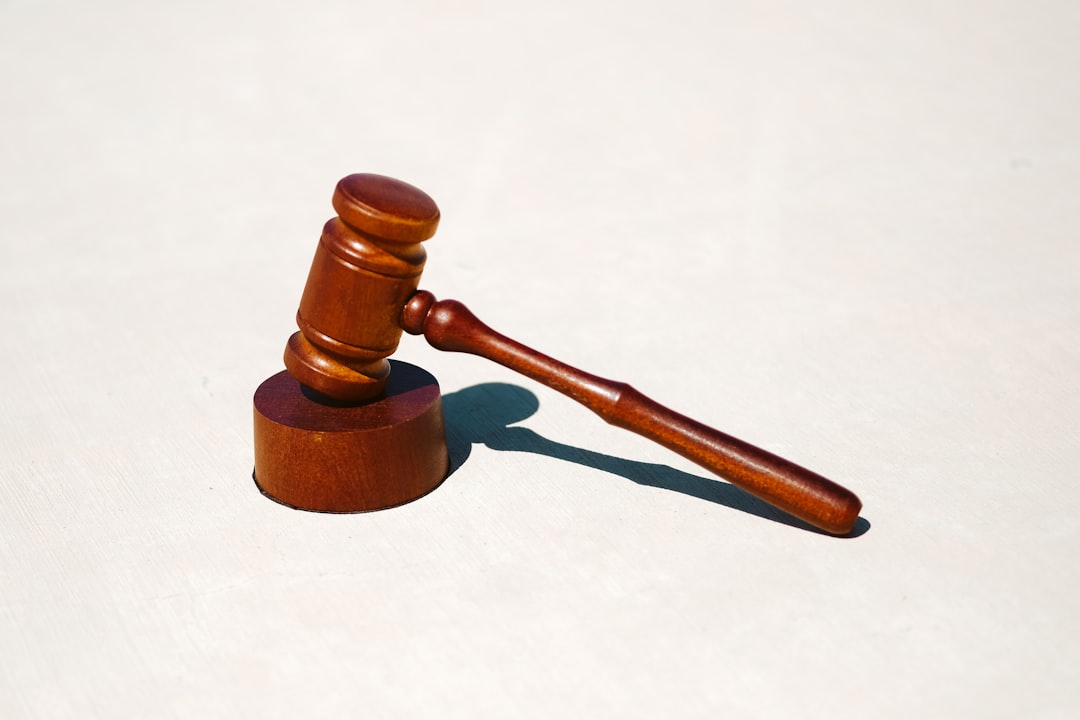Pennsylvania's Do Not Call laws, governed by the TCPA and FTC regulations, protect residents from intrusive telemarketing. Erie, a bustling city, serves as a model with its specialized Do Not Call lawyers ensuring business compliance and resident privacy. Businesses must adhere to strict rules, facing fines for disregard. Exemptions exist for consent and internal purposes. Disputes require expert legal guidance from qualified Do Not Call Lawyers Pennsylvania for effective resolution under local regulations.
In Pennsylvania, telemarketing practices are subject to stringent regulations, with Do Not Call laws playing a pivotal role in protecting consumers. This article delves into the intricacies of these laws, focusing on Erie’s specific contributions to their enforcement. We explore legal implications for businesses and consumers alike, dissecting exclusions and safe harbor provisions. Furthermore, it navigates the processes of enforcement and dispute resolution, providing essential insights for both legal professionals and those seeking guidance from a Do Not Call lawyer in Pennsylvania.
Understanding Do Not Call Laws in Pennsylvania

In Pennsylvania, Do Not Call laws are designed to protect residents from unwanted telemarketing calls. These regulations are governed by the Telephone Consumer Protection Act (TCPA) and provide consumers with the right to stop receiving marketing calls from telemarketers. If you’re facing relentless telemarketing in Erie or any part of Pennsylvania, a Do Not Call Lawyer can offer guidance on how to assert your rights effectively.
The TCPA outlines specific rules for businesses engaging in telemarketing activities, including obtaining prior express consent from recipients before making calls. A Do Not Call Lawyer in Pennsylvania can help interpret these laws and ensure compliance for businesses while assisting consumers in navigating their rights to stop unwanted calls.
Erie's Role in Telemarketing Regulations

Erie, a vibrant city in northwestern Pennsylvania, plays a significant role in the state’s telemarketing and Do Not Call laws. As a key player in the legal landscape of the region, Erie has contributed to shaping regulations that protect residents from unwanted phone calls and sales pitches. The city’s courts have consistently upheld the rights of individuals to peace and quiet, ensuring that businesses adhere to strict guidelines when conducting telemarketing activities.
With a focus on consumer protection, Do Not Call lawyers in Pennsylvania, particularly those based in Erie, work diligently to ensure compliance with state laws. They assist clients in navigating the intricate regulations, providing guidance on legitimate marketing practices and legal consequences for violations. These efforts help maintain a harmonious balance between businesses’ promotional needs and residents’ desire for tranquility, making Erie a model city for effective telemarketing regulation.
Legal Implications for Businesses & Consumers

In Pennsylvania, including Erie, businesses engaging in telemarketing activities must adhere to strict regulations outlined by state laws and the Federal Trade Commission (FTC). One of the most significant protections for consumers is the Do Not Call Registry, which allows individuals to opt-out of receiving unsolicited phone calls. For businesses, the legal implications are clear: failure to respect consumer choices regarding telemarketing can result in substantial fines and damage to their reputation.
Consumers who register their numbers on the Do Not Call list have a legal right to expect compliance from businesses. A Do Not Call Lawyer Pennsylvania can guide both parties through these regulations, ensuring that companies obtain proper consent before making calls and consumers understand their rights. This proactive approach not only protects consumers but also fosters a more trustworthy business environment, benefiting all parties involved in the telemarketing process.
Exclusions and Safe Harbor Provisions

In Pennsylvania, the Do Not Call laws are designed to protect residents from unwanted telemarketing calls, offering a sense of peace and privacy. However, not all calls are prohibited. Exclusions and Safe Harbor provisions ensure certain types of communication remain untouched by these regulations. For instance, calls made with the consent of the recipient or those from within a company for internal purposes don’t trigger restrictions. Moreover, businesses can still reach out to customers who have previously engaged with their services, as long as it’s not for the purpose of selling new products or services.
Do Not Call lawyers in Pennsylvania play a crucial role in navigating these complexities. They assist individuals and organizations in understanding their rights and responsibilities under the law. With the ever-evolving nature of telemarketing practices, these legal experts ensure that businesses comply with the Do Not Call laws while helping residents know when they can expect calls without violating any restrictions, thus fostering a harmonious balance between marketing efforts and consumer privacy.
Navigating Enforcement and Dispute Resolution

In Pennsylvania, including Erie, businesses and individuals must adhere to strict regulations regarding telemarketing practices and consumer privacy, as enforced by the Do Not Call Laws. When disputes arise, whether it’s a business facing accusations of repeated calls or a consumer claiming harassment, navigating the legal landscape can be complex. A qualified Do Not Call Lawyer Pennsylvania plays a pivotal role in guiding clients through these issues, ensuring compliance with state laws and protecting their rights.
The process involves thorough investigations, understanding of case precedents, and strategic negotiations or court representations. Erie’s unique legal environment requires experts who are well-versed in local regulations and judicial interpretations, enabling them to offer tailored advice and effective dispute resolution strategies for both telemarketing companies and consumers alike.






